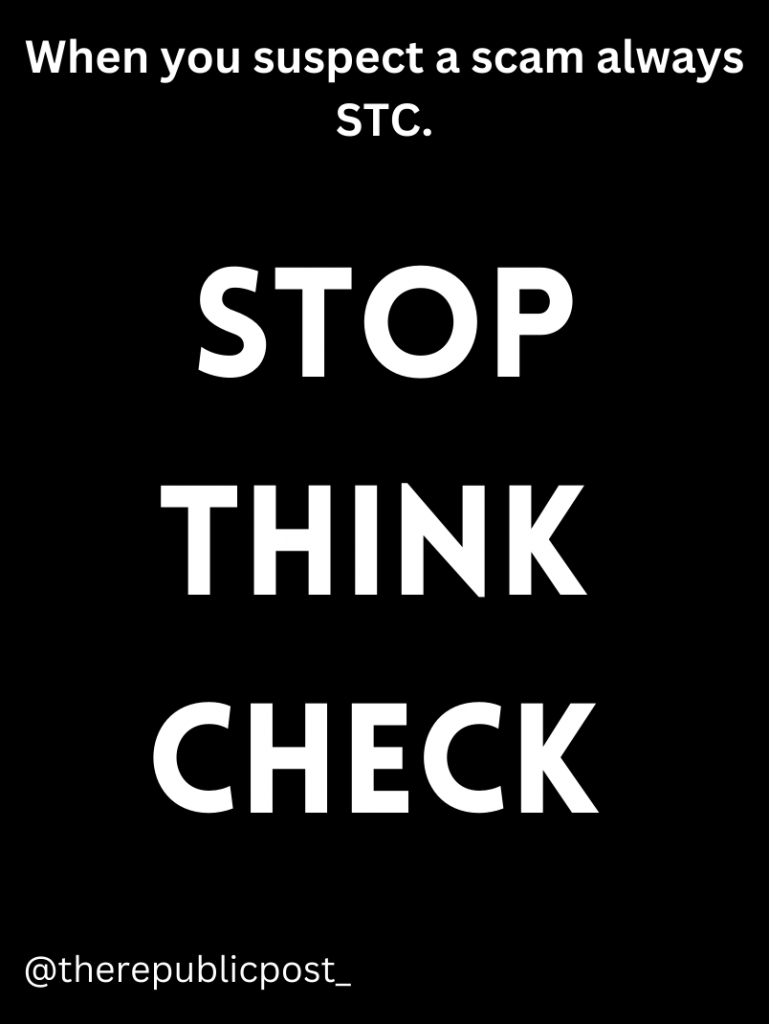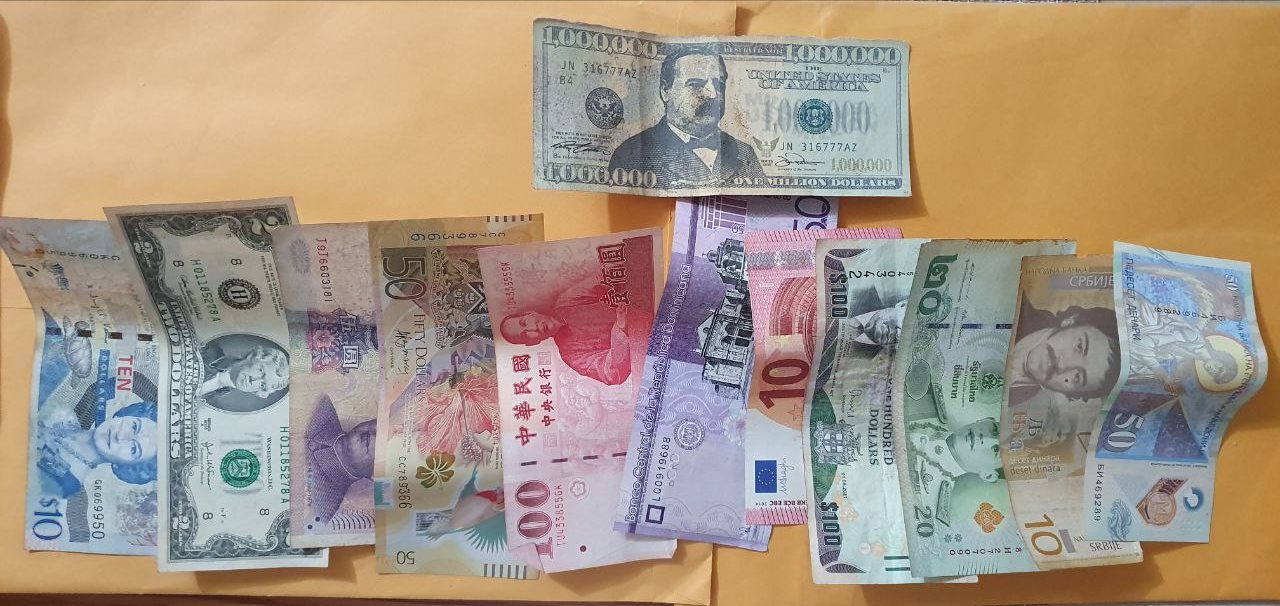
Fake USD $1,000,000 note among currencies of the world.
Congratulations! You just won a Million Dollars Today!
There has been a long list of scams in Jamaica and around the world. These scams tend to follow a particular pattern or exploit known human tendencies. You have likely been targeted by a scam or know someone who has been scammed. Older/Elderly Jamaicans tend to fall for scams more easily due to low digital literacy and awareness. It is estimated that Jamaicans lose millions of dollars to scams each year.
The recent popularity of ‘chopper music’ has not helped the situation. As long as money exists, scammers will exist as well. Let’s explore the different types of scams and how you can identify and protect yourself.
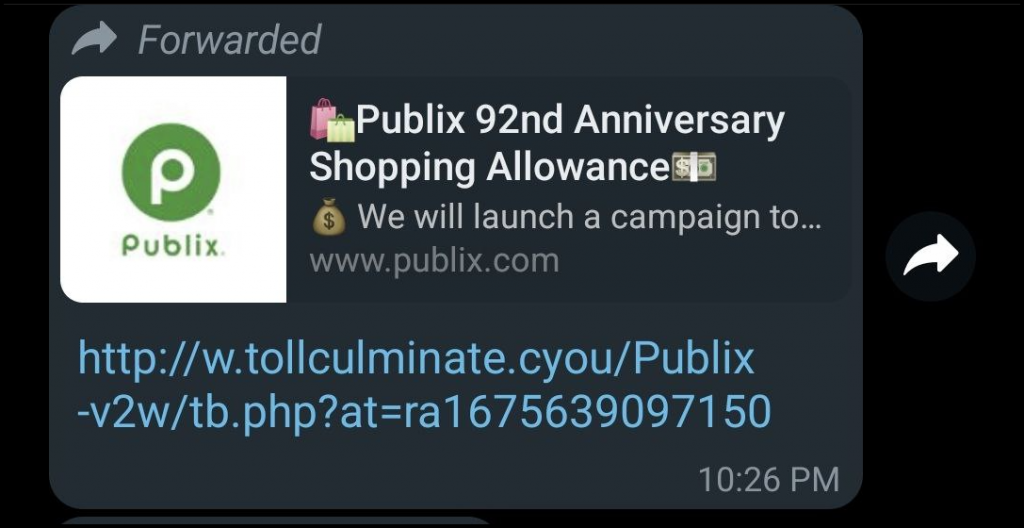
With popularity comes all sorts of problems. Scams are forwarded on WhatsApp every year and show no signs of stopping. The ‘Anniversary Scam‘ is forwarded on WhatsApp every year. Anniversary scams trick individuals into believing that a well-known company is giving away free money, gifts, etc. People click on the link, submit their login or credit card information, and then forward the link to other persons in their contact list.
The message gets sent to 1000s of individuals who willingly submit personal information on these websites. One of the easiest ways to identify this scam is by looking at the URL. The URL is essentially the address of a website on the internet.
ADVERTISEMENT
Take a look at the Amazon URL: https://www.amazon.com/. In the photo above, you can see where the fake URL has HTTPinstead of HTTPSlike Amazon. The ‘S’ stands for Securewhich means that the website is ‘safe’. Every prominent website has HTTPS, and the absence of the s is an immediate red flag. Don’t go on or trust any website that doesn’t even have HTTPS.

Open a new browser tab and Google Publix, or any company giving away items, then immediately compare the URL of the two. That comparison will tell you if this giveaway is legitimate. The URL of the scam may feature the company name with a set of other words; however, that is used to lure you into a false sense of security. The preloaded image shown may display the legitimate URL, which was also placed there to trick people.
Google is Your Friend
A quick Google search about the promotion can tell you if it is real. The best thing to do is go to your browser, Google the company, and check the website to see if they are promoting the exact thing that you were forwarded. Sometimes Googling the promotion itself will show articles about the scam. The ability to Google and research information remains a must-have skill in the modern world.
Social Media is your Friend
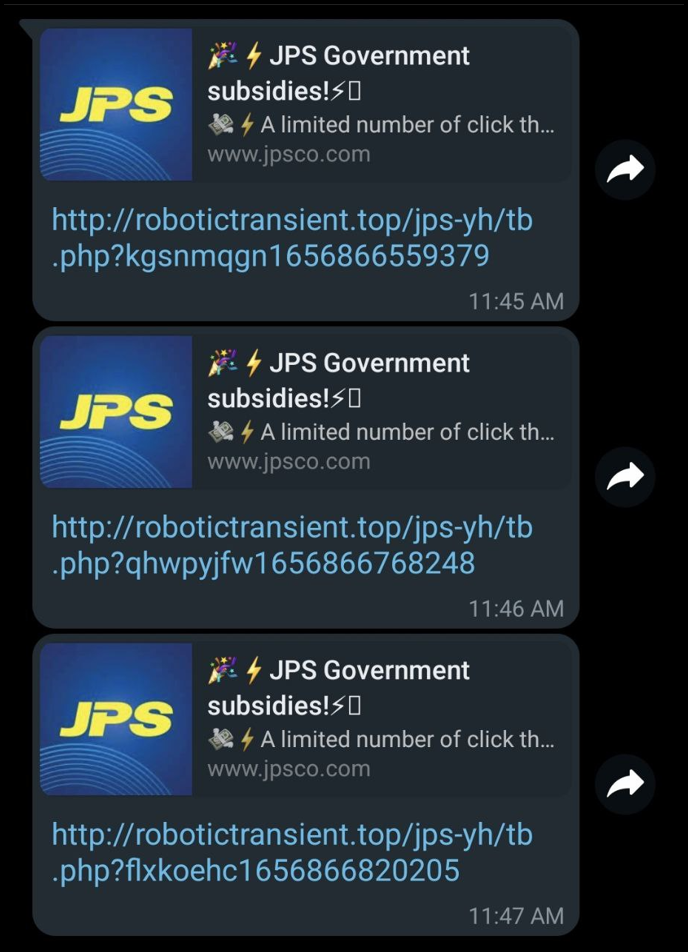
Social Media is an amazing tool that can keep you informed about companies locally and overseas. Nowadays, once a known scam is being circulated, you can expect a post on social media to follow.
ADVERTISEMENT
False Urgency
A telltale sign of a scam is being prompted or encouraged to do the transaction as quickly as possible. The message may read – ‘Your bank account has been breached! Please click this link and log in immediately to secure your account’. Most people tend to panic and, without thinking, click the link and enter their information. The website shown to the individual would look similar to the bank in question. Since the person would be too panicked to notice the subtle differences, they immediately enter the login information without a second thought. The impact of this decision is usually felt a few days later when money has been taken from the account.
It’s important to stop and think before clicking any link. The simple act of waiting can give you some time to think about how legitimate the message is. You could come across a social media post calling out the scam while you wait.
Phone Call Scams
Several popular dancehall songs show an individual on the phone scamming or ‘chopping the line’. The target on the other end tends to be an elderly person in the United States. Jamaicans receive calls from international numbers that attempt to scam us. The person on the other line tries to convince us that something is wrong and that they need our account information to fix it.
Another type of scam that grew in popularity is the One Ring Scam. Essentially, an international number calls you, immediately hangs up, and seeing the missed call, you call them back. There is no response on the other end, and you get infuriated after a while and hang up. Money will be taken from your account for making an international call. The issue here is that some postpaid phone users won’t even realize what happened until they see their monthly phone bill. When you receive an international call from a strange number, DO NOT CALL THEM BACK!
Email Phishing
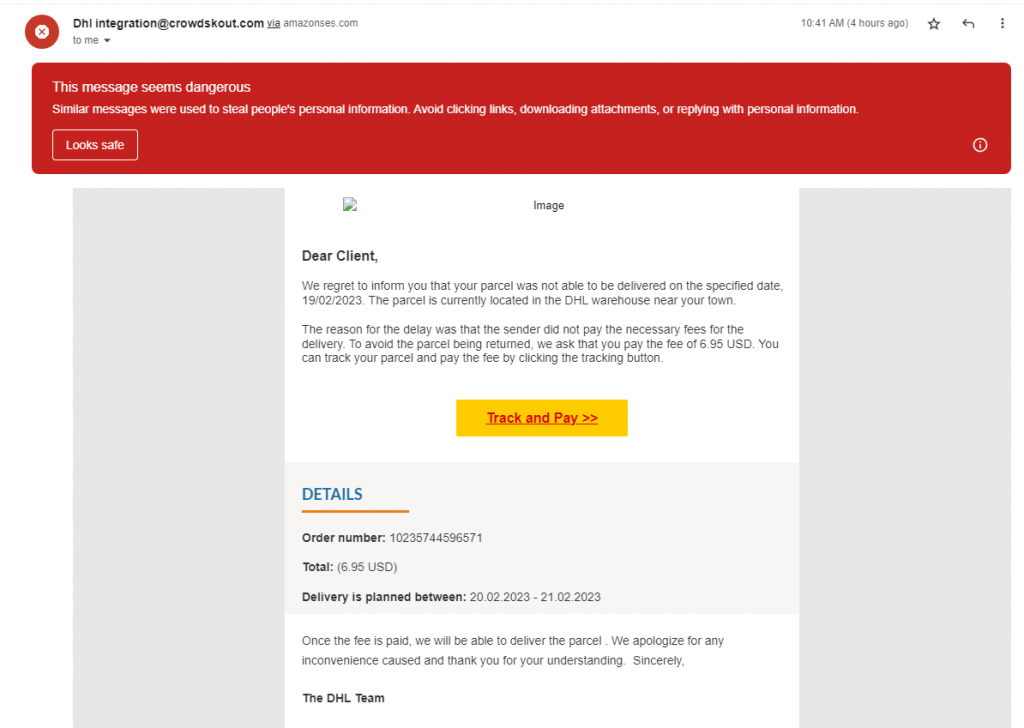
Phishing is the practice of sending emails or other messages that are supposedly from well-known companies to trick people into providing personal information. Email Phishing is the most popular form, and it has been around since the 1990s. Our inboxes are flooded with phishing emails daily. I have noticed that Gmail is great at identifying these emails and placing them in the spam folder. The majority of spam messages I received aren’t known to me thanks to Gmail. Some other email providers aren’t good at shielding you, so I recommend having a Gmail address.
ADVERTISEMENT
When it comes to any email asking you for payment or information, it should immediately raise a red flag. Most times, companies should not be requesting personal information. However, a bank may ask you to email personal documents to open an account that you requested. You may even be asked security questions, but make sure that you are the one who engages them. If you see any email requesting information, then call the bank or institution directly, as a precaution.
Beware of the Chop
It is disheartening to read about people who have lost their hard-earned money due to scams. The number of scams shows no signs of reducing anytime soon. We have to become knowledgeable about old and new techniques being utilized by scammers. In general, I recommend the STC method. When you see anything that looks suspicious, STOP – Do not click the link, THINK – Give yourself enough time to think about the message, and CHECK – Call the institution directly, check the website, or social media to see if the contents of that message are real.
Ensure that you report the scam and tell everyone you know. Look out for your parents and elderly Jamaicans because they are the most susceptible to these scams. Share this article with a friend, colleague, or anyone you think will benefit.

